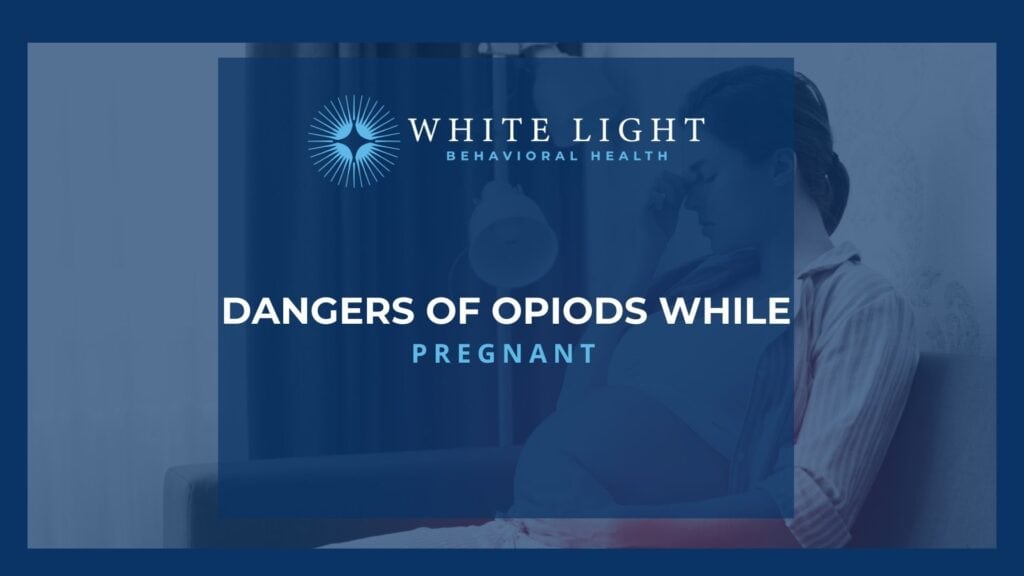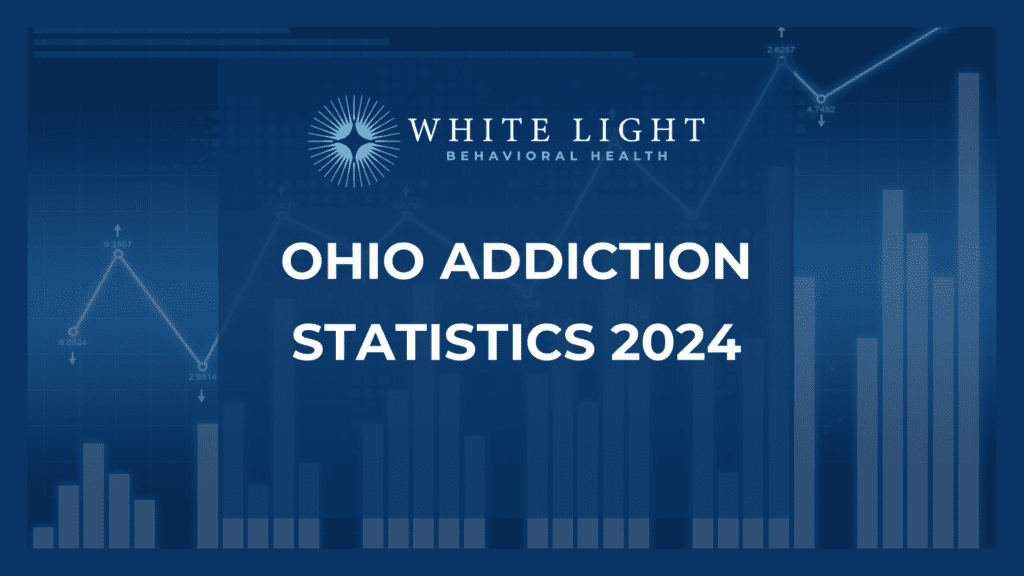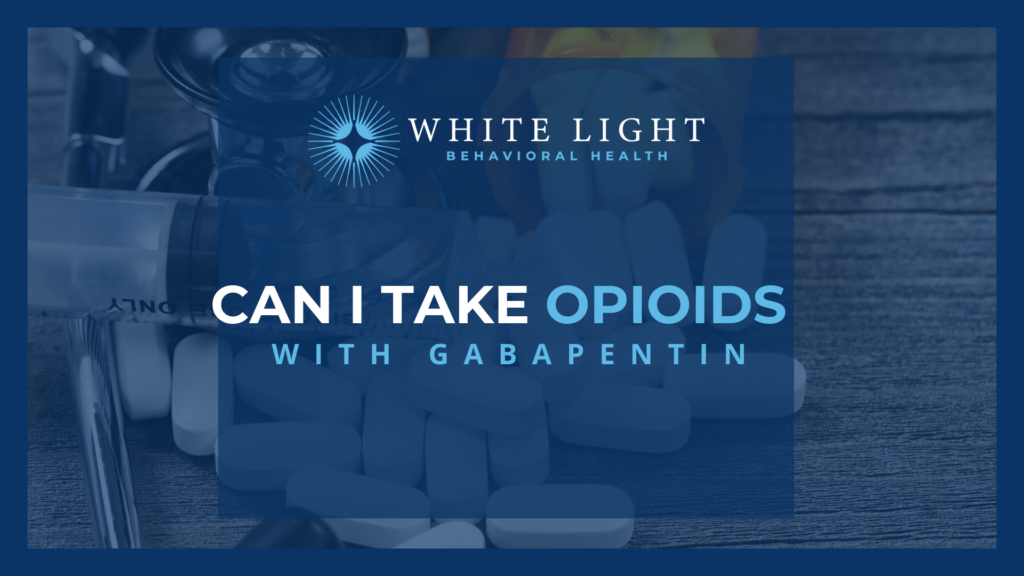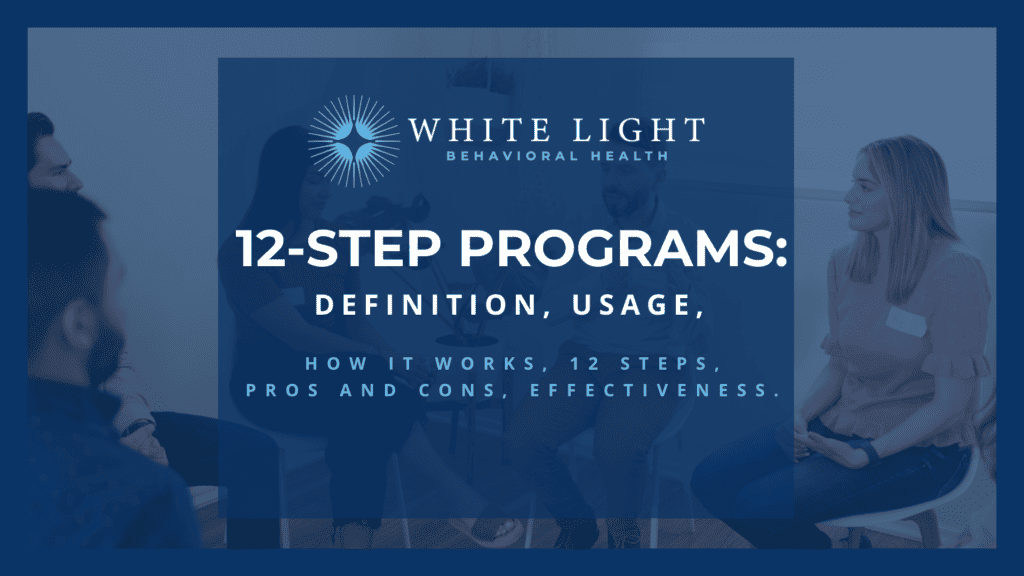The Dangers of Misusing Opioids During Pregnancy
Opioid use during pregnancy is an aspect of the opioid crisis that isn’t discussed enough. Of the 7% of women who report using prescription opioid pain relievers during pregnancy, one in five report that they’ve misused opioids. According to the Centers for Disease Control and Prevention’s 2022 report, the number of women diagnosed with opioid-related issues during delivery rose by 131% from 2010 to 2017, as noted by care providers. Knowing about the risk level involved in using opioids while pregnant is important.
What Counts as Opioid Misuse During Pregnancy?
Opioid misuse can be defined in two ways. The first is obtaining prescription opioid pain relievers from a source outside of a licensed healthcare setting. The second is using opioid pain relievers for any other reason than relieving pain. Both are signs of opioid use disorder (OUD). As per the American Psychiatric Association, Here’s a look at the most common symptoms of OUD:
- Taking larger amounts of opioids than intended
- Experiencing strong cravings for opioids
- Developing a strong tolerance for opioids
- Using opioids for a longer period than anticipated
- Being unable to cut down or control opioid use
- Spending a large chunk of time obtaining opioids
- Spending a large chunk of time recovering from the effects of opioid use
- Struggling to fulfill obligations in your work life, academic life, or home life due to opioid-related behaviors
- Experiencing recurring social or interpersonal problems due to opioid use
- Changing your lifestyle due to opioid use
- Performing psychically hazardous tasks as a result of opioid use
- Continuing opioid use while opioids cause or exacerbate ongoing physical or psychological problems
- Experiencing withdrawal symptoms when going without opioids
- Taking opioids to relieve withdrawal symptoms
Common prescription opioids that are misused include fentanyl oxycodone, hydrocodone, morphine, and methadone. Heroin is an example of an illegal opioid.
Why Is Misusing Opioids While Pregnant Dangerous?
Opioid exposure during pregnancy is linked with several poor health outcomes for both mother and child. Struggling with untreated OUD during pregnancy increases risks for:
- Stillbirth
- Birth defects
- Preterm birth
- Poor fetal growth
- Maternal death
- Neonatal abstinence syndrome
Expectant mothers need to avoid leaning on “positive” anecdotal evidence they have heard from others who have misused opioids during pregnancy. The short-term and long-term effects of prenatal opioids on children are not fully known yet. For reasons that aren’t clear to researchers, not all babies exposed to opioids in the womb are born with symptoms. However, the long-term effects on a child’s development could still be negative.
Neonatal Abstinence Syndrome (NAS)
NAS is one of the most common repercussions of opioid misuse during pregnancy. When children are exposed to opioids and other addictive substances during pregnancy, they undergo painful withdrawal periods after birth. Alicia Gallegos mentioned in a 2018 study by the Association of American Medical Colleges that between 55% and 94% of babies born to mothers who used opioids during pregnancy suffer from NAS.
Babies with NAS generally begin showing signs within 72 hours of birth. NAS signs include:
- Tremors
- Seizures
- Excessive crying
- Nasal congestion
- Poor feeding and latching
- Dehydration
- Vomiting or diarrhea
- Excessive sweating
- Sleep disturbances
NAS symptoms can vary based on the type of substance used, the amount of substances taken, and the last time a substance was used by the mother. Symptoms can also vary based on a baby being born premature or at full term. NAS symptoms in newborns can last anywhere from a few hours to several weeks.
It’s important to note that opioids given at the time of delivery to help laboring mothers manage pain do not produce NAS symptoms.
NAS is a growing crisis. Rates of NAS have been significantly increasing each year in the United States since 2017 as noted on NCBI in July 2023 by Mohammadreza Azadfard.
How Will I Know If My Baby Has Withdrawals From Opioids After Birth?
Medical professionals are trained to detect signs of withdrawal after birth. Using a special chart, doctors and nurses can determine how severe withdrawal symptoms are. If a baby has a high withdrawal score, they may be transferred to a special care unit or administered medication.
Expectant mothers mustn’t avoid medical care for themselves and their babies because they are afraid that withdrawal symptoms will be detected. Untreated and stretched withdrawal symptoms can be dangerous for a baby. Immediate care following birth can help a baby to remain safe and comfortable during painful withdrawal symptoms.
New approaches to helping newborns with NAS that are being ushered in at places like Yale Children’s Hospital focus on using parent involvement to help ease symptoms. Using the eat, sleep, console approach, care providers tap into the benefits of keeping babies and moms close to allow infants to be soothed. This approach also focuses on supporting families after babies are born.
Risks for Mothers Who Misuse Opioids During Pregnancy
Over time, opioid users develop a high tolerance for the medications and substances they are habitually using. To get the same effects, they will need to increasingly take larger doses of opioids. This pattern dramatically increases the risk of overdosing.
What to Do if You’re Concerned About Your Opioid Use During Pregnancy
Any pregnant woman who is concerned that she may be misusing or abusing opioids should be screened for opioid use disorder. Screening for substance use is often part of standard prenatal visits in obstetric care. While an OBGYN may detect signs of OUD, they cannot provide treatments for substance use. Support for OUD is instead provided by behavioral health or addiction specialists on either an inpatient or outpatient basis.
Care Options Available for Opioid Use During Pregnancy
Many women who learn they are pregnant assume that the care and concern they have for their babies will give them the willpower to quit. However, opioid addiction is a powerful biochemical and physiological force that makes the body chemically dependent on opioids. This is why attempts to stop taking opioids without professional help are often unsuccessful.
Opioid withdrawal symptoms can be excruciating. When combined with morning sickness, aches and pains, and hormonal changes that occur with pregnancy, opioid withdrawal symptoms can be extremely severe. According to Mansi Shah’s study published in NCBI in July 2023, People who attempt to quit opioids “cold turkey” in an unsupervised setting often experience extreme bouts of:
- Nausea
- Vomiting
- Diarrhea
- Fatigue
- Muscle aches
- Whole-body aches
- Irritability
Unfortunately, the severity of withdrawal symptoms causes many people to revert to opioid use to get relief. A professional rehabilitation setting offers pregnant opioid users a carefully monitored setting where they can safely and comfortably detox to focus on making a full recovery from opioid use.
Detoxing From Opioid Use During Pregnancy
Recovery from opioid use disorder during pregnancy can be especially delicate due to the extra health-related and emotional implications involved. Treatments should be tailored to meet the needs of each client.
Medically assisted detox programs are commonly used to help pregnant women discontinue opioid use. Methadone and buprenorphine are considered first-line therapy options for detoxing during pregnancy. In the medical world, these substances are called medications for opioid use disorder (MOUD).
Like all medications, methadone and buprenorphine come with benefits and risks that must be balanced. Expectant mothers should coordinate closely with their prenatal care teams and rehabilitation specialists to ensure that care is managed properly throughout pregnancy, during delivery, and during the postpartum period.
A recovery plan for opioid use should also include therapy and behavioral support. An effective rehab treatment model should be based on the latest evidence-based practices for supporting healthy long-term recovery.
Other Treatment Options for Overcoming Opioid Use During Pregnancy
Treatment for opioid use is complex because providers need to treat the physical, behavioral, and emotional components of addiction. In most cases, care professionals want to prioritize stabilizing an expectant mother’s health using MOUDs for a medically supervised detox. This can provide a great sense of relief for the mother.
Once opioid use is stabilized, the next priority is to provide emotional support to help a pregnant mother tackle the underlying causes of addiction. Common approaches include:
- Cognitive behavioral therapy
- Dialectical behavior therapy
- Family therapy
- Contingency management
- 12-step programs
Based on the severity of opioid use, an expectant mother’s circumstances, and other factors, a patient may choose a variety of methods for getting help. This can include residential treatment, partial hospitalization, intensive outpatient care, and aftercare.
Finding an Opioid Addiction Treatment Center That Treats Pregnant Women
Women who are trying to overcome opioid use disorder during pregnancy often feel like they are in an uphill battle. Juggling recovery and pregnancy isn’t easy. What’s more, not all rehabilitation centers have the experience and expertise needed to help pregnant women comfortably pursue treatment to overcome opioid use before their babies are born.
White Light Behavioral Health is a licensed rehab center in Columbus, Ohio, specializing in recovery services for OUD. Clients can receive custom treatments under the care and supervision of a top-notch team. Treatment plans at White Light Behavioral Health include:
- Expressive therapy
- Group therapy
- Trauma-focused treatment
- Motivational interviewing
- Family therapy
- Cognitive-behavioral therapy
- Dual diagnosis treatment
During the admissions process, a specialist assesses each patient’s medical history. A program will then be recommended by a counselor assigned to the incoming client. With admissions services available 24/7, getting help for opioid use during pregnancy doesn’t have to wait.
There’s one thing that all pregnant women who are struggling with opioid usage need to know. Care providers want to erase the stigma about addiction during pregnancy because they see it as a blockage to life-saving care for mothers and children. While reaching out for help can feel scary, it can make a world of difference in creating a healthy outcome for mother and child during pregnancy and delivery.
How do opioids affect a developing fetus during pregnancy?
Opioids can cross the placenta and affect the developing fetus, potentially leading to complications such as preterm birth, low birth weight, and neonatal abstinence syndrome (NAS). Pregnant individuals must seek medical guidance to address opioid use and minimize potential harm to the fetus.
What are the potential long-term effects of prenatal opioid exposure on children?
Prenatal opioid exposure may lead to long-term developmental and behavioral challenges in children, including cognitive impairments, learning difficulties, and an increased risk of developing substance use disorders later in life.
Are there alternative pain management options for pregnant individuals other than opioids?
Yes, there are various non-opioid pain management options for pregnant individuals, including physical therapy, acupuncture, chiropractic care, and non-pharmacological interventions such as relaxation techniques and heat therapy.
How can healthcare providers support pregnant individuals struggling with opioid addiction?
Opioid treatment center like ours can offer comprehensive prenatal care, including substance abuse treatment, mental health support, and access to medication-assisted treatment (MAT) to help pregnant individuals manage opioid addiction and reduce potential harm to themselves and their babies.
What are the potential legal implications for pregnant individuals who misuse opioids?
The legal implications of opioid misuse during pregnancy vary by location, but in some cases, substance use during pregnancy can lead to legal involvement, including child welfare proceedings and the potential removal of the newborn from the parent’s custody.
How does prenatal opioid exposure impact breastfeeding and infant care?
Prenatal opioid exposure can affect breastfeeding, as opioids can be present in breast milk. It’s essential for individuals who have used opioids during pregnancy to consult with healthcare providers to make informed decisions about breastfeeding and infant care.
How does opioid addiction relate to chronic pain management?
Opioid addiction can develop from the use of prescription opioids for chronic pain management. Understanding the connection between opioid use and chronic pain is crucial for developing effective strategies to address both issues simultaneously.
What support resources are available for pregnant individuals struggling with opioid addiction?
There are various support resources available, including prenatal substance abuse treatment programs, support groups, counseling services, and community organizations that can provide assistance and guidance for pregnant individuals dealing with opioid addiction.
What are the potential risks of untreated opioid addiction during pregnancy?
Untreated opioid addiction during pregnancy can lead to serious health risks for both the pregnant individual and the developing fetus, including increased risk of maternal mortality, pregnancy complications, and adverse outcomes for the newborn.
What role does trauma play in the development of opioid addiction?
Trauma can significantly contribute to the development of opioid addiction, as individuals may turn to opioids as a way to cope with past traumatic experiences. Understanding the role of trauma is essential for providing comprehensive treatment for individuals struggling with opioid addiction.
How can individuals with chronic pain manage their condition without relying on opioids?
Individuals with chronic pain can explore various non-opioid treatment options, including physical therapy, cognitive-behavioral therapy, mindfulness practices, and alternative pain management techniques to manage their condition without the use of opioids effectively.

Share This Post



